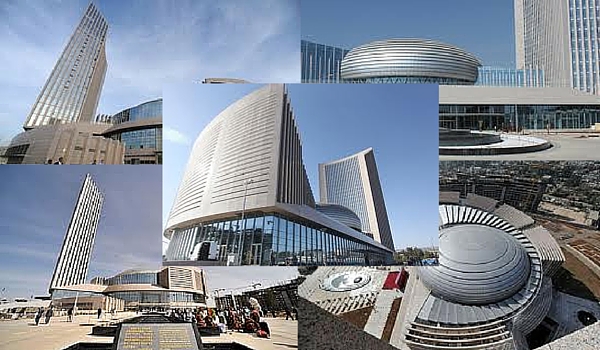Pan-Africanism means the ideas, the leaders and the movements which have tried to unite black people in a common struggle for freedom, equality and self-confidence throughout the world and especially in Africa. The common experiences of exploitation and oppression of black people African people led to the ideas of pan-Africanism.
The movement began in the Americas and the Caribbean after World War 1 when blacks were still oppressed even though slavery had ended. In the Americas the movement was led by W.E.B. DuBois and from Jamaica, Marcus Garvey. Garvey led the Universal Negro Improvement Association (UNIA). During the 1950s and 1960s, most African colonies became independent and their leaders wanted the independent African countries to cooperate to increase their chances for economic success.
Organizing for African Unity
There were two schools of thought regarding unity and cooperation in Africa. One group led by Ghana and Algeria wanted to create a United States of Africa similar to the United States of America or the Union of Soviet Socialist Republics. They wanted African states to unite under one central government that would control economic development, the police, army and so forth and each country would govern its local affairs. The second group led by Nigeria, Liberia and Tanzania wanted a lose coalition of independent states that would cooperate but maintain their own jurisdiction.
Between 1958 and 1963 a number conferences were held to discuss pan-Africanism and how both independent and colonial countries could work together. In May 1963, 31 African leaders met in Addis Ababa and agreed to form the Organization for African Unity (OAU) which led to the commemoration of Africa Day on May 25th.
THE OAU CHARTER
The OAU called for increased cooperation between independent African countries and in doing so each member agreed to:
- Recognize each others independence and not interfere in the internal affairs of independent states.
- Recognize colonial boundaries, even where these cut across and divided traditional societies or where they have grouped traditional enemies in the same state.
- Try by all means to settle disputes peacefully.
- Promote economic cooperation among member states in order to increase development and improve the lives of the African people.
- Support all Africans still struggling against colonial rulers or the oppressive racist government of South Africa.
- Be non-aligned- that is not to ally themselves with or take sides in the disputes between western capitalist countries and eastern socialist countries.
The most active commission set up by the OAU was the Coordinating committee for the Liberation of Africa which was also known as the OAU Liberation Committee. The committee set up to help liberation movements with weapons, equipment, travel documents and money. As a result, this committee was able to assist liberation movements like FRELIMO in Mozambique, MPLA in Angola, PAIGC in Guinea Bissau, ZANU and ZAPU in Zimbabwe, SWAPO in Namibia and ANC and PAC in South Africa. Soon after the formation of OAU, they asked member states to stop trading with South Africa.
The OAU was the foundation for the African Union (AU) and played an integral role in the formation of the Africa Development Bank which gives loans to African government for development projects.





One response to “The Pan-Africanist Movement & African Union”
Being anon-aligned was best strategy. Africans have no business in the wars being fought by old European rivals trying to dominate the world.